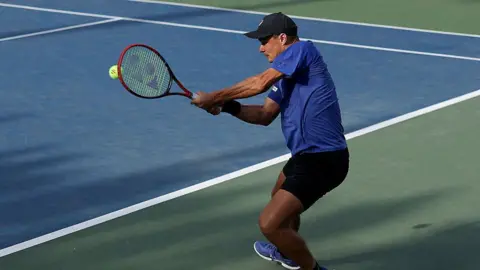Prosecutors in South Korea have publicly apologized to Choi Mal-ja, a woman whose conviction for self-defense dates back over 60 years. Choi, who was just 18 at the time of her assault in 1964, was sentenced to 10 months in prison, later suspended for two years, for biting off part of her attacker’s tongue while he attempted to rape her in the southern town of Gimhae. The recent retrial in Busan marks a significant development, fueled by the momentum of the country’s #MeToo movement.
Now at the age of 78, Choi has been campaigning tirelessly to overturn her conviction, which she believes has unfairly labeled her a criminal for defending her life. In an emotional moment outside the courtroom, following the prosecutor's apology, Choi declared, "For 61 years, the state made me live as a criminal," expressing hope that future generations might be free from the fear of sexual violence.
The chief prosecutor, Jeong Myeong-won, acknowledged the "indescribable pain and agony" that Choi endured, urging the court to nullify her guilty verdict. Legal experts anticipate a favorable ruling when the court provides its final decision on September 10. During the recent court proceedings, Choi celebrated with supporters and advocates who have rallied around her cause in the fight for justice.
Choi's case has historically spotlighted the challenges faced by victims of sexual violence in South Korea, where she, in a moment of self-defense, faced harsher penalties than her attacker who ultimately evaded charges for attempted rape. This judicial oversight has been included in legal textbooks, emphasizing the systemic failure to recognize the rights of victims.
Inspired by the #MeToo movement that gained traction in South Korea in the late 2010s, Choi began her journey to clear her name by petitioning for a retrial in 2020. Initially, her petition faced rejection from lower courts, but persistence led to the Supreme Court ruling in 2023 that allowed her retrial to proceed.
Choi's tenacity has resonated widely throughout the nation, as she has participated in protests advocating for justice outside the Supreme Court in Seoul. After the latest trial session, she remarked on the prosecutors’ acknowledgment of their error, asserting, "I believe justice is alive in this country," a sentiment that reflects a broader hope for change in how self-defense is perceived in legal contexts involving sexual violence.



















